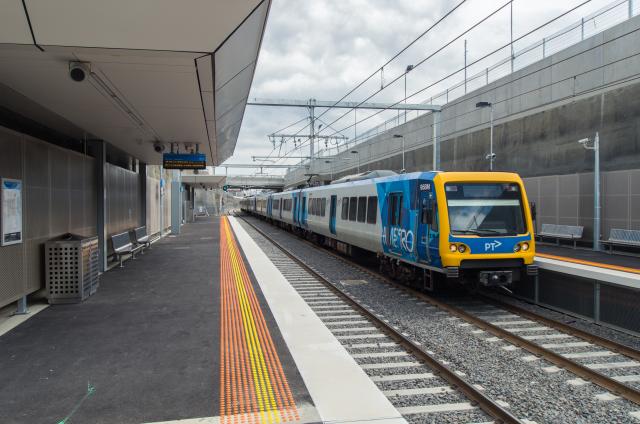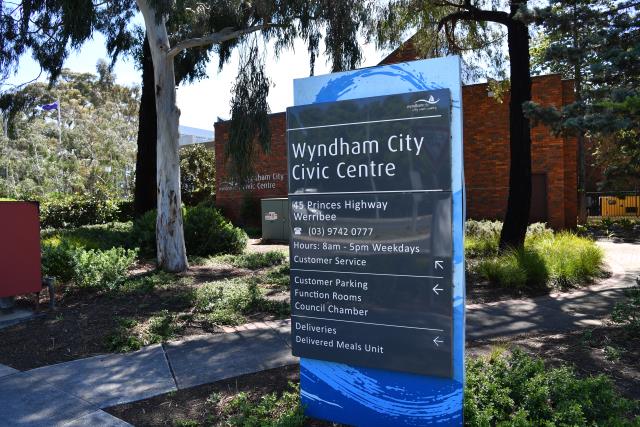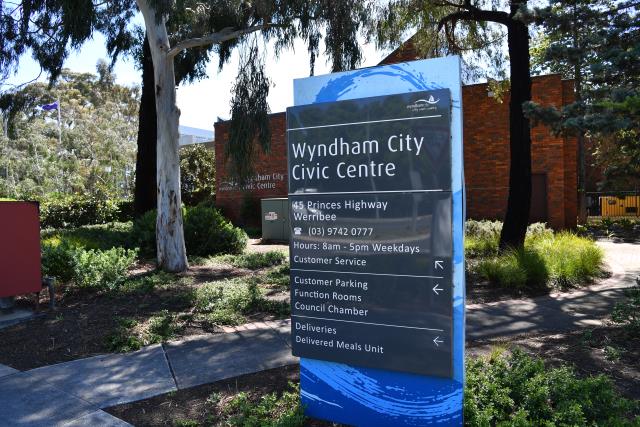Delays to the state government’s Western Rail Plan are costing Wyndham residents time and money, according to several of the region’s key stakeholders.
The Western Rail Plan, which was first announced by the state government in 2018 and would involve the electrification of tracks to extend Metro services Wyndham Vale, was meant to have its planning stages completed by 2023.
Committee for Wyndham chief executive Leanne Down said the plan is essential for addressing the region’s long-term development.
“I believe the plan should be fully implemented by 2028, which aligns with projected population milestones for Wyndham and the ongoing infrastructure pressures that will intensify during this period,” she said.
“Ideally, it should already have been delivered and completed.
“We urge both state and federal governments to prioritise this critical infrastructure to support the evolving needs of the Wyndham community and the broader western region.”
Ms Down also said the execution of the plan would increase property values, stimulate tourism and make the region more attractive for investment.
“With better transport options, Wyndham can attract more businesses and industries, which will create jobs and stimulate the local economy,” she said.
Wyndham mayor Mia Shaw said including the realisation of the Western Rail Plan was listed as a critical priority in Wyndham’s Advocacy Strategy 2024-2026.
“Melbourne’s west is continually growing and desperately needs a coordinated and coherent future rail plan,” she said.
“Currently we have no certainty or confidence in what the Suburban Rail Loop looks like for the west or clarity on a government plan for the Western Rail Plan.”
According to Cr Shaw, a lack of rail is costing residents time in traffic.
“Currently almost 70 per cent of Wyndham residents work outside of the municipality, many spending up to two hours driving every day – the equivalent of four weeks per year,” she said.
“Better transport infrastructure will reduce congestion in Wyndham, strengthen regional connectivity, increase employment opportunities and boost economic growth.”
The Department of Transport and Planning was contacted for comment.

















